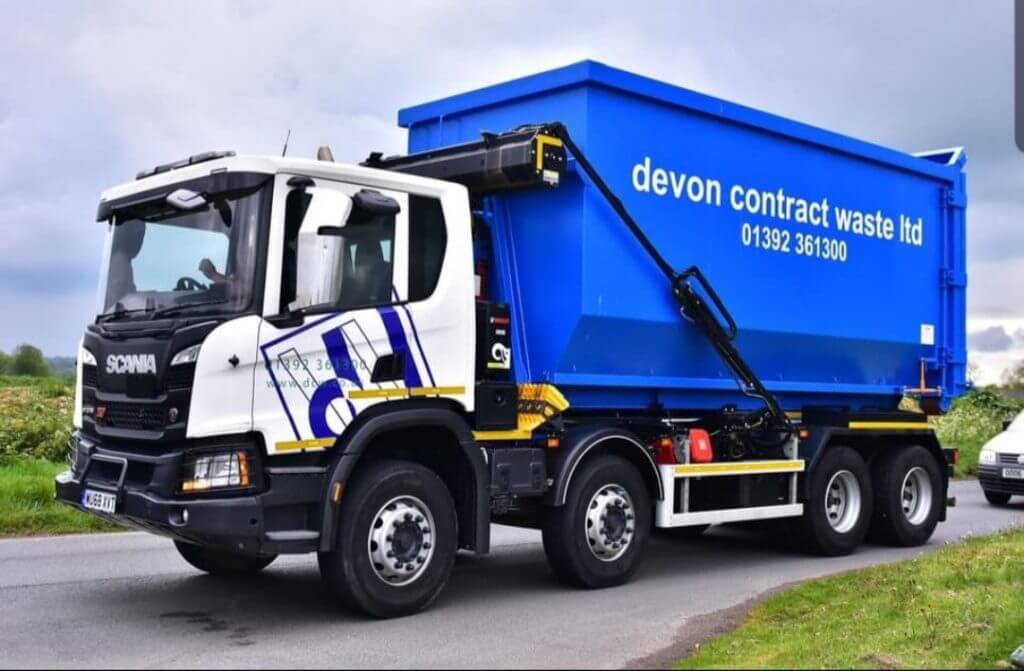DCW Managing Director Simon Almond reflects on COP26 and what South West businesses can do to become more sustainable…
COP26 has elevated the conversation around climate change to another level. It’s been impossible to hide from this incredibly important conference which is encouraging us all to look at what more we can do to save our planet for future generations.
Political leaders from around the world have pledged to reduce their country’s carbon footprint along with big corporations such as FIFA, Amazon and Burberry. It really is a make-or-break time, but it’s been positive to see discussions heading in the right direction.
Sir David Attenborough’s powerful speech was a highlight for me. He summarised the devastating effects the human race is having on our planet with a passion and stressed that only we can turn this around. In the words of Sir David, “we are after all, the greatest problem solvers to ever have existed on earth. Working together, we are powerful enough to save the earth.”
So, if change starts with us, what do we need to put in place right now to turn this sinking ship around? Is there even an appetite for change in the South West?
I read an interesting article in the Western Morning News recently that highlighted how local firms remain to be sold on going green. The conclusion came from a South West Business Council survey which asked firms of varying sizes about the net-zero agenda and how well prepared they are to hit Government targets by 2030. While 55% of respondents recognised that their customers were worried about climate change, only one in 10 are measuring their carbon footprint.
The sheer scale of the undertaking is for many one of the biggest obstacles, with cost cited as a big barrier. The survey found that 33% of companies referenced the high initial adoption costs of going green. Deciding where to start on the road to net zero when we all face so many other business challenges can be a daunting prospect.
I believe we can all start with small changes. No matter how small a change might seem, if all companies across the South West adopted one sustainable practice, that can make a massive difference to the fight against climate change.
I would recommend you could start by reviewing your waste management process. After all, almost a fifth of all waste in England is generated by businesses. At DCW alone, we divert 40,000 tonnes away from landfill from South West businesses each year. Compared to stylish electric cars, trendy reusable coffee cups and hard to miss solar panels, waste doesn’t sound that glamorous, but the management of waste is incredibly important. Managing your business’ waste sustainability is a simple and easy change to make in the movement towards carbon neutrality. Ask yourself this:
- Does your waste end up in landfill?
- Could your company do more to recycle?
- Do you separate your waste?
- Do you know if you’re contributing to a circular economy?
You might be unsure if your waste management solution is sustainable. Don’t worry. It’s easy to audit and if the process could be improved it doesn’t have to cost the earth. Switching to a Zero to Landfill waste management solution will enhance your company’s sustainability credentials and you’ll know you’re making changes to help protect the environment and making the shift towards greener, cleaner practices.
It’s also important to think about how you can achieve a more circular economy which will contribute to sustainable development and reduce the pressure on finite resources. I’ve always been passionate about creating a circular economy and have never wanted anything to go to waste, even from a young age. I used to rescue unwanted bikes from skips so that I could repair them and sell them on to my school friends! I adopted a similar approach when I founded DCW. We’ve always got our thinking caps on, developing plans and innovations which will achieve a more circular economy in the South West.
This year, we launched a recycled furniture range which includes benches, tables, chairs, decking and fence posts made entirely from plastic waste collected from South West businesses. Not only are we giving a new lease of life to plastic waste, we are also meeting public demand. A recent report by Capgemini Research Institute states that 45% of people surveyed would refuse to buy products that are not recyclable or not made using recycled materials. The report also revealed that 72% are interested in purchasing more durable products and 50% are interested in purchasing zero waste products. We don’t create any waste from making our recycled plastic furniture and it is certainly more durable than wood which can rot over time.
Think about what changes you could make within your company to contribute towards a more circular economy. Could you extend the life of your products? Could you repair rather than dispose? Could you partner with organisations that already operate in a circular way?
As we embark on what is the decisive decade for climate action, we’re likely to see new legislation and policies that may provide much needed guidance to businesses on where they should prioritise their investments and efforts when it comes to carbon reduction. However, we know we don’t have the luxury of time. I believe we can all take action on a local level. Start now by making changes to our businesses and business practices. If we all commit to making changes, however small, the South West has the potential to be a shining example of a sustainable, circular region. After all, we’re stronger together.
